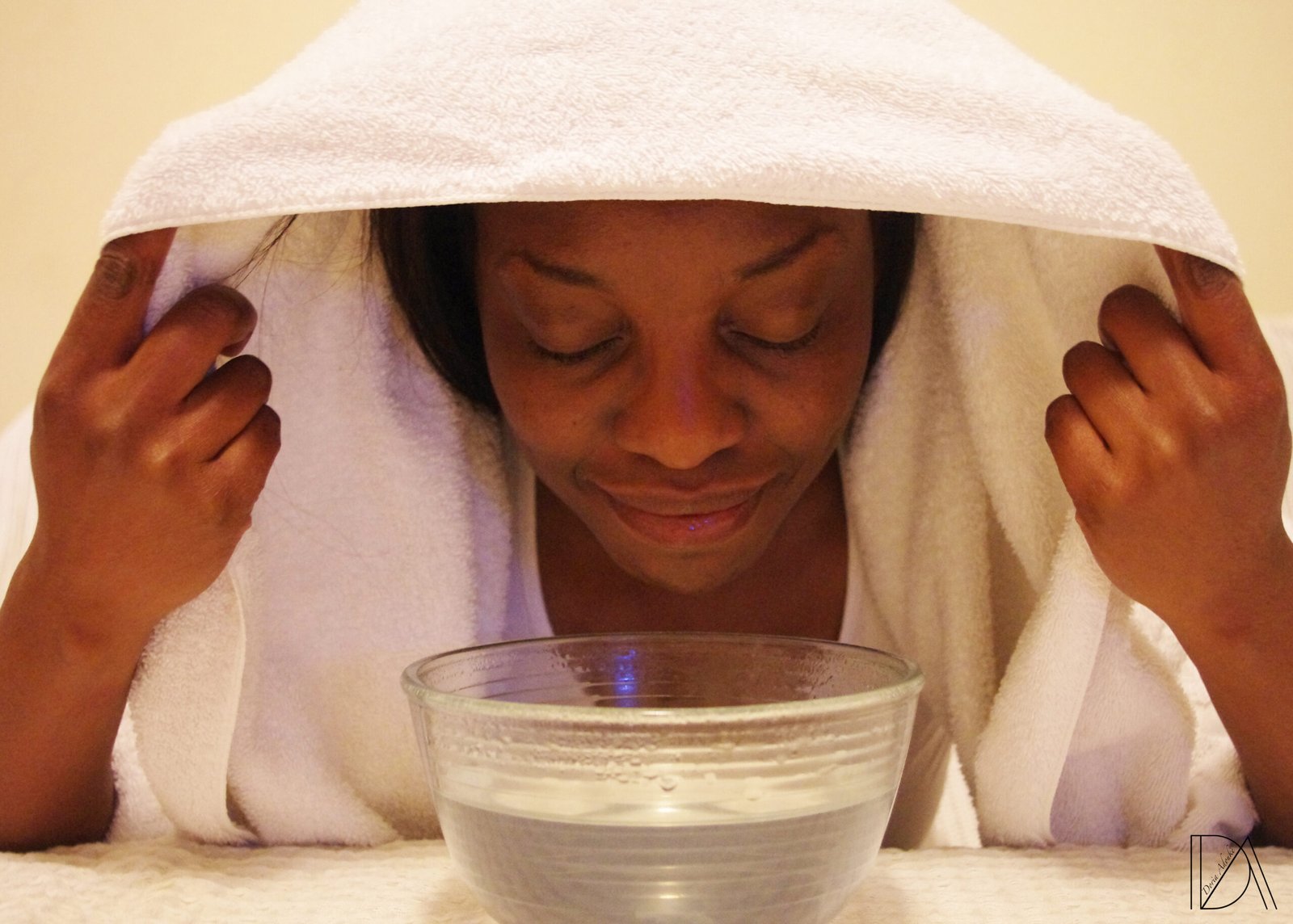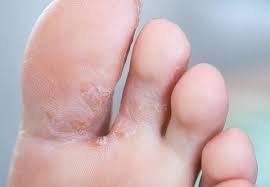It is important that you take the same care for your circumcision baby as you would for any other child. This includes following the doctor’s instructions as well as taking special care to the glans. Do not hesitate to ask your doctor for guidance.
The signs of a healing circumcision
A healing circumcision can have many symptoms. These include tenderness, swelling and a yellowish-colored film. You should contact your doctor immediately if your baby displays any of these symptoms. The simplest and most effective way to treat them is to follow your physician’s instructions.
Some babies may be irritable and fussy after their circumcision. For babies who are uncomfortable, loose clothing and petroleum jelly may be helpful. You can also clean the penis with soap and water.
In the first week following your baby’s circumcision, you may feel some pain when urinating. This pain should not hurt the circumcision site. It is possible for the pain to get worse over time.
For the first two to 3 days, your baby’s penis may appear red and swollen. The penis head may appear beefy but will eventually recover. Petroleum jelly can be used to prevent the penis’s adhesion to the diaper or underwear.
After the procedure is complete, wash the circumcision area with mild soap. You should change the bandage frequently. Avoid rubbing the wound with your fingers. It is also a good idea if you use a loose diaper.
The incision is generally painless, but it may bleed. If there is bleeding, apply pressure directly to the incision or soak it in warm water. The wound will heal when the bleeding stops.
There is a risk of infection following your baby’s birth. Although it is rare, it can be caused by a disruption to the skin’s barrier. Normally, this infection is not serious.
If your child has a serious infection, you should speak with your provider. Your provider might prescribe antibiotic ointment. Acetaminophen, such as Tylenol can also be used for pain relief.
A fever can be a sign of illness in infants. Fever is serious in babies under 12 weeks. If your provider has not advised you, do not give your child fever medication.
Most babies’ circumcisions will heal themselves. If the swelling persists or the area becomes reddened or swollen, contact your provider.
Take care of the glans
Clean the area after you have circumcised your baby. This is due to the fact that dead skin cells can build-up around the penis after the foreskin separates. It is important that you clean the area daily.
To protect the area after the surgery, you will need to apply a special dressing. For several days, your healthcare provider may recommend sponge baths. Petroleum jelly should be applied to the penis’s head to prevent it sticking to the diaper.
The wound is usually red after it is cut. It will eventually become less red over time. To stop bleeding, use direct pressure. Apply an ointment in case the bleeding does not stop.
To avoid infection, keep the penis clean. To relieve pain, avoid Tylenol (acetaminophen). Acetaminophen could be dangerous.
The glans, a thin, skin-like mucous membrane that covers your foreskin, is the glans. It is very similar to the skin inside the cheek. It will become harder once the mucous membrane is exposed.
A gentle soap will make the glans sensitive to the soap you use. Be careful not to wash the penis too often. Too much soap can cause irritability.
For the first few days after the procedure, your son will be a little swollen. This is normal. In the weeks after surgery, you will see the glans become purple or beefy and the glans should begin to heal.
You should consult your doctor if your baby has glans from circumcision. He or she can help you understand the procedure and how to treat the glans.
You can try rubbing Vaseline on the glans. You can also massage a small piece of gauze into your glans to moisten them. When the glans becomes crusty, you can remove the gauze.
It is recommended you wait for at most four weeks before pushing out the mucous membrane. If you notice blood or discharge, wash the area and contact your healthcare provider.
Follow the instructions of your doctor
Newborn circumcision care involves several aspects. The most important thing is to keep it clean. You should also change your baby’s diaper frequently to prevent infection.
Your healthcare provider will provide you with instructions on caring for your baby after melbourne circumcision . These instructions can vary depending on your specific case. Your doctor may recommend sponge baths to ensure that the umbilical cord is removed.
Your doctor may also recommend pain-relieving medication. You should be cautious when choosing a pain-relieving medicine. Complications could arise from using anesthetics, topical ointments, or oral sugar solutions.
If your baby is very small or premature, it may not possible to circumcise immediately. In these cases, your baby may have to wait until you leave the hospital.
Your baby may be fussy the first few times. This is normal. This is a sign that the child is still recovering from the procedure. A pacifier dipped in a solution of sugar and water will soothe the child.
Your baby’s penis can become swollen following circumcision. The swelling should disappear within one week. Some of the swelling may be red or yellow. You should still care for your baby’s penis.
You should remove the cap once your baby is able urinate. You can then apply petroleum jelly to the penis. This will protect your incision from oozing.
Your doctor will tell you when to stop using Vaseline on your child’s penis. Petroleum jelly will help prevent the dressing from sticking onto your son’s skin.
Until your son’s penis heals, you should change his diapers and wipe the area after each bowel movement. Be sure to avoid rubbing the incision to avoid irritation.
An oral sugar solution may be recommended by your doctor for pain relief. This is not an alternative to acetaminophen. Acetaminophen is a strong medicine and can be dangerous for babies. Ask your doctor for information about the risks associated with these medications.
For pain relief, a swaddling pillow can be helpful. It is important to remember that your son will feel the most discomfort in the first few days following Circumcision PlasticRing.
Paraphimosis Treatment
If you are experiencing symptoms of paraphimosis, then you need to see a doctor as soon as possible. A diagnosis of this condition can be made with a physical examination and a history of penile manipulation.
Paraphimosis refers the swelling of glans or foreskin. It forms a tightening tissue. This can restrict blood flow to the penis and lead to tissue damage. It can also cause edema, and it can be painful.
The band of foreskin can be reduced manually, or through a surgical procedure. Circumcision may be necessary in severe paraphimosis cases to prevent recurrences.
Puncture-aspiration is a common method for manual paraphimosis reduction. This involves using the thumbs, fingers, and thumbs to make small cuts on the foreskin. These cuts reduce the size of the band and can cause swelling that can make it stay in place.
Many cases of manual paraphimosis removal can be achieved without the need to have surgery. The doctor can use an anesthetic cream to numb the foreskin and glans. He will then gently lift the foreskin into the right position.
In other cases, a doctor may perform a procedure called a “dorsal slit”. This surgical procedure helps the foreskin to move back over the glans, preventing recurrences.
The dorsal slit is a safe alternative to circumcision, especially in older patients. Although it is not always successful it can help patients avoid future complications.
Paraphimosis can also treated with antifungal creams or antibiotics, as well as circumcision and surgical removal. The procedure of circumcision can be done manually or surgically. In some cases, a needle may be used to puncture the eyes.
Understanding the various options available is crucial when deciding on a treatment. For example, if your case is a mild one, you may just need local anesthesia and a topical steroid. On the other hand, if your case is more severe, you may require a nerve block or systemic analgesia.
Paraphimosis is a urologic emergency. It is important to seek medical attention as soon possible. Your prognosis for paraphimosis will be favorable if you get treatment as soon as possible.




